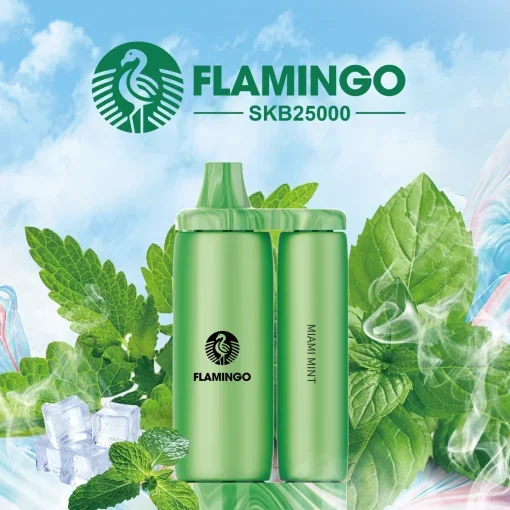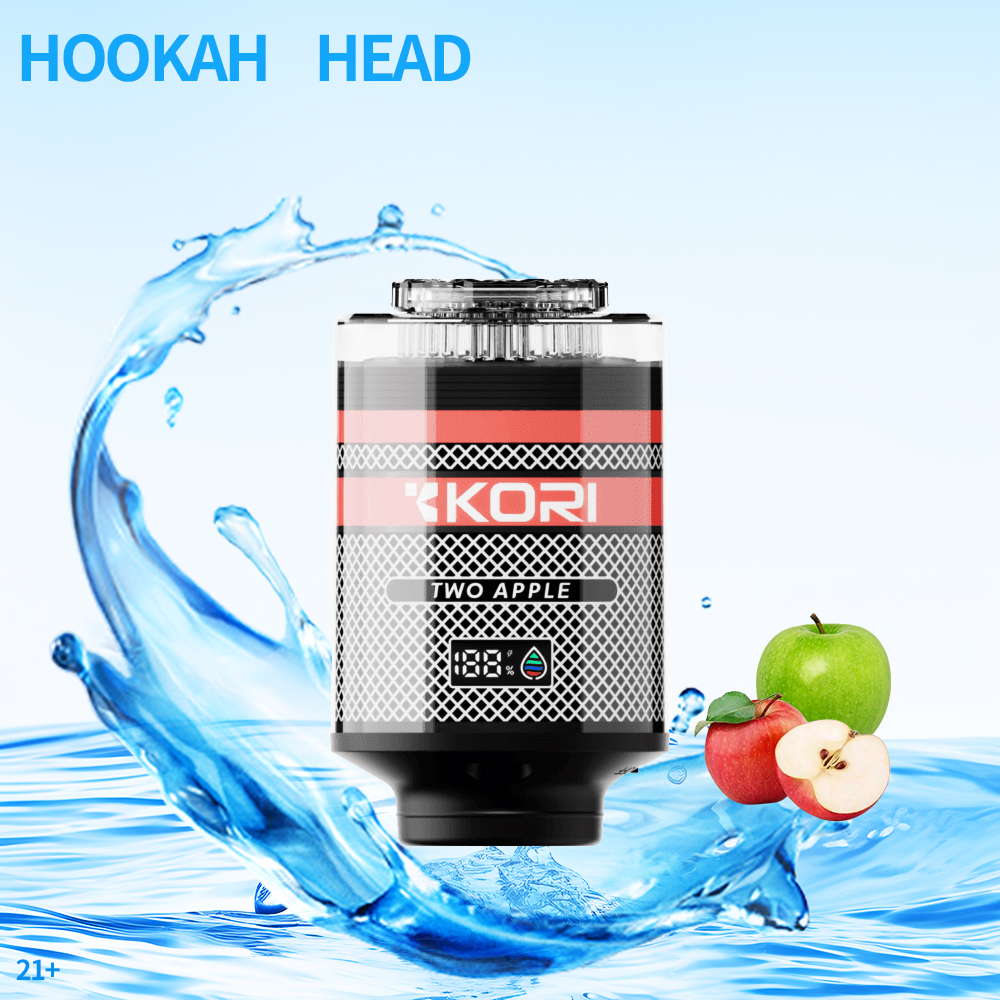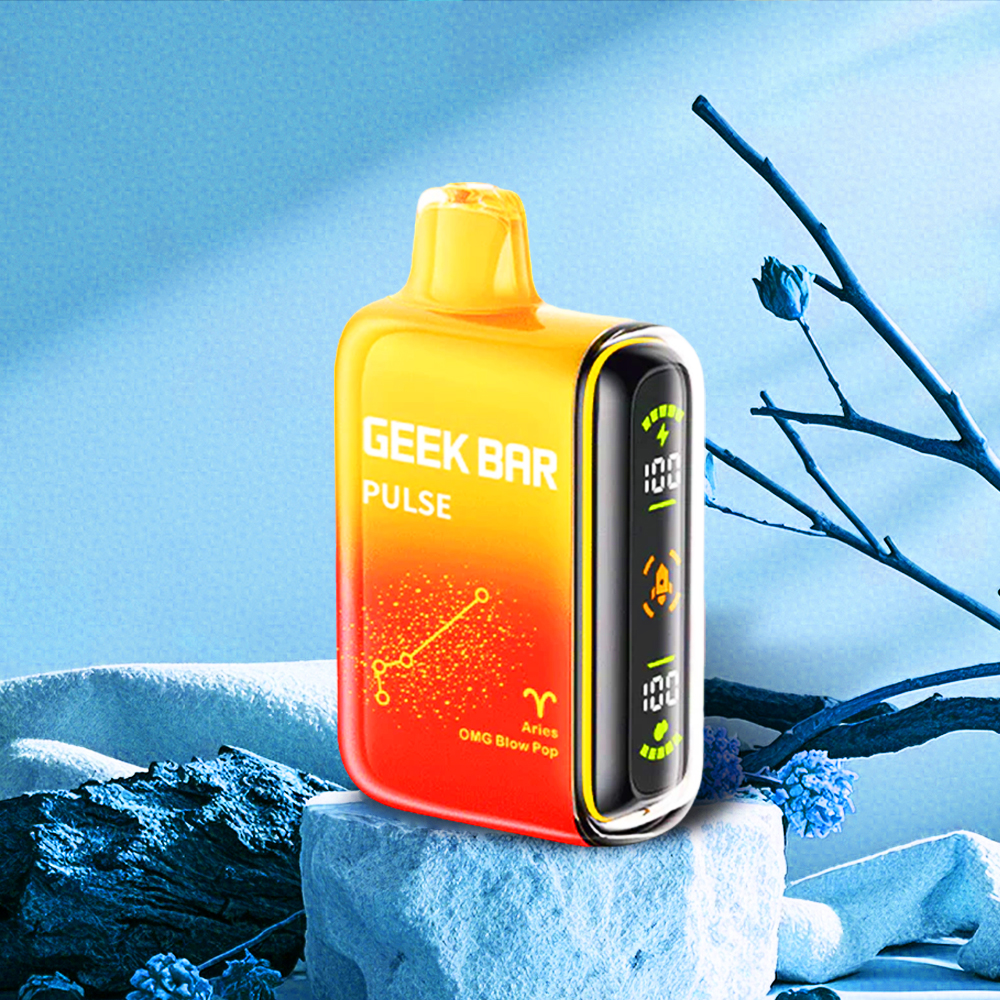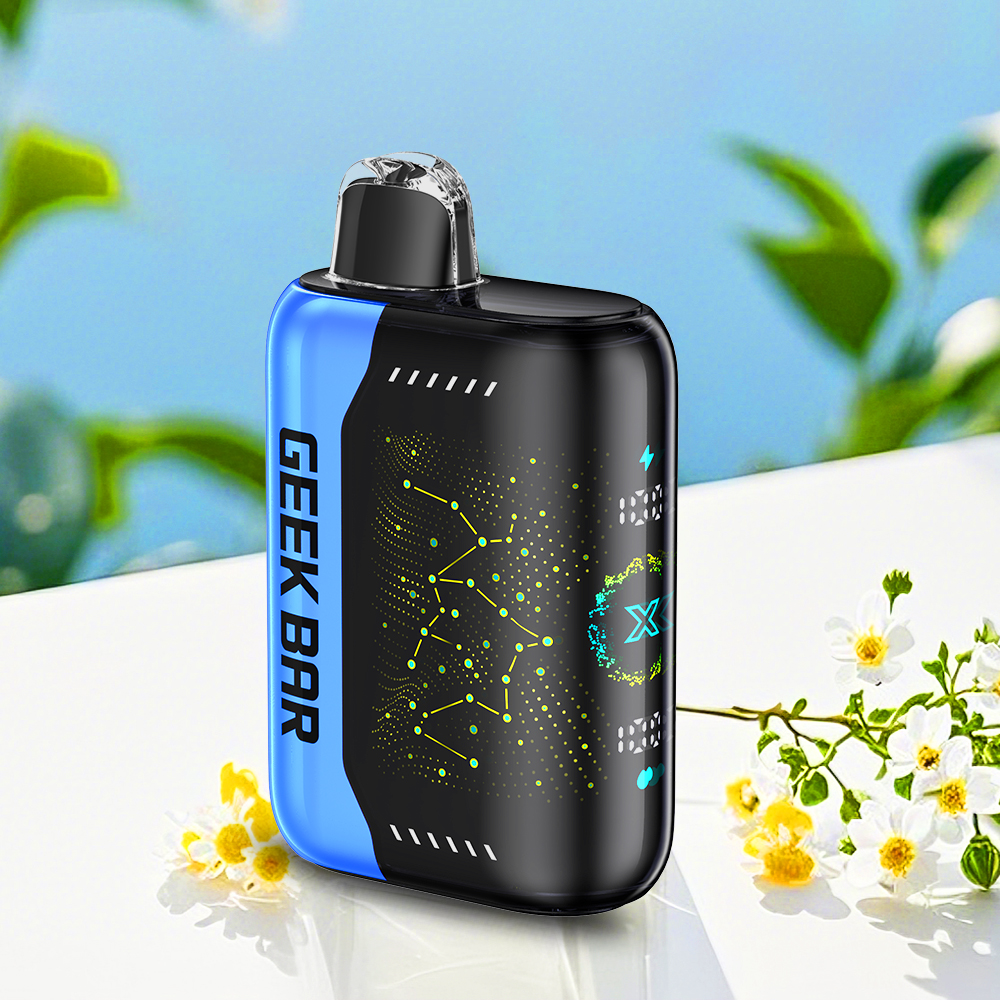The Rise of Delta-8 THC: Exploring Its Benefits, Risks, and Regulations
In recent years, the cannabis industry has undergone a seismic shift, with new cannabinoids gaining unprecedented popularity. Among these, Delta-8 THC has emerged as one of the most talked-about options, especially in vaping communities. Unlike its more famous cousin, Delta-9 THC, Delta-8 THC offers a milder psychoactive experience, leading many to seek it out for a variety of uses. In this article, we’ll delve deep into the world of Delta-8, examining its origins, benefits, potential risks, and current regulatory landscape.
Understanding Delta-8 THC
Delta-8 THC, or Delta-8-tetrahydrocannabinol, is a cannabinoid found in cannabis plants, primarily in small amounts. It is an isomer of Delta-9 THC, which is responsible for the intoxicating effects associated with marijuana. However, what sets Delta-8 apart is its unique effect profile— users often describe it as offering a more clear-headed and less anxious high compared to Delta-9. This makes it an attractive alternative for consumers looking for mild relief without the ‘overwhelming’ effects that Delta-9 can produce.
Why Vaping Delta-8 THC is Gaining Popularity
Vaping has become one of the preferred methods for consuming cannabis products, and Delta-8 is no exception. Here are several reasons for its growing popularity:
- Ease of Use: Vaping Delta-8 is simple and convenient, allowing users to enjoy its effects with minimal preparation.
- Quicker Onset: The effects of vaping Delta-8 THC kick in much quicker than edibles, which is appealing for consumers seeking immediate relief.
- Dosing Control: Vapers have more control over their consumption, allowing for easier adjustment of doses to suit individual preferences.
Potential Benefits of Delta-8 THC
Many users have reported a range of potential benefits associated with Delta-8 THC. While scientific research is still in its infancy, anecdotal evidence suggests that Delta-8 may possess therapeutic properties.
1. Anxiety and Stress Relief
One of the most commonly cited benefits is its ability to help alleviate anxiety and stress. Many users have found that Delta-8 provides a calming effect that can enhance relaxation without the paranoia that sometimes accompanies Delta-9 THC use.
2. Pain Management
Delta-8 THC may also provide potential analgesic properties, making it a candidate for those looking for relief from chronic pain. Users have reported reduced inflammation and pain when using Delta-8 products.
3. Nausea and Appetite Stimulation
Similar to Delta-9, Delta-8 can also help alleviate nausea and stimulate appetite. This makes it a potential option for those undergoing medical treatments like chemotherapy, which can disrupt appetite and cause nausea.
Risks and Side Effects
Despite the promising benefits, it’s important to be aware of the potential risks associated with using Delta-8. The following side effects have been reported:
- Dizziness and lightheadedness
- Increased heart rate
- Dry mouth and eyes
- Possible psychoactive effects, although milder than Delta-9
As with any substance, reactions can vary significantly between individuals, depending on tolerance, dosage, and genetic predispositions. Hence, users are advised to start with a low dose and monitor their body’s response before increasing consumption.
The Regulatory Landscape of Delta-8 THC
One of the most significant aspects affecting the rise of Delta-8 THC is the legal status. Following the 2018 Farm Bill, which legalized hemp and its derivatives containing less than 0.3% Delta-9 THC, Delta-8 gained traction because it can be derived from legal hemp. This has led to an explosion of Delta-8 products in the market, ranging from vapes to edibles.
State Regulations
While the federal government may consider Delta-8 legal under the Farm Bill, individual states have the authority to regulate or ban its sale. Several states have already moved to restrict or prohibit Delta-8 THC. Therefore, it’s crucial for consumers to stay informed about their local laws regarding Delta-8 products.
Quality Control and Safety Concerns
Another vital factor to consider is the quality and safety of Delta-8 products. Due to the lack of comprehensive regulation surrounding Delta-8, many products available in the market may not be tested for purity or potency. Consumers should seek out reputable vendors that provide third-party lab testing results to ensure they are purchasing quality products free from harmful contaminants.
How to Choose the Right Delta-8 Vape for You
Choosing the right Delta-8 vape product involves several considerations:
1. Understand the Product Types
Delta-8 is available in various forms, including disposable pens, cartridges, and vape oils. Understanding which type best meets your usage needs is important for an optimal experience.
2. Check the Ingredients
Always review the ingredient list. High-quality products should contain minimal additives and should be free from harmful chemicals. Opt for products made with natural terpenes and strains.
3. Read Reviews
Before making a purchase, check customer reviews and testimonials. This can help you identify products that deliver the best experience and effectiveness.
Final Thoughts on Delta-8 THC
The story of Delta-8 THC is still unfolding as consumers and researchers alike explore its potential. With its growing popularity amongst those seeking a milder alternative to Delta-9 THC, Delta-8 could very well represent a significant shift in how we perceive cannabis products. As always, exercise responsibility when experimenting with Delta-8, ensuring you are informed about its effects, potential risks, and legal status in your area.





